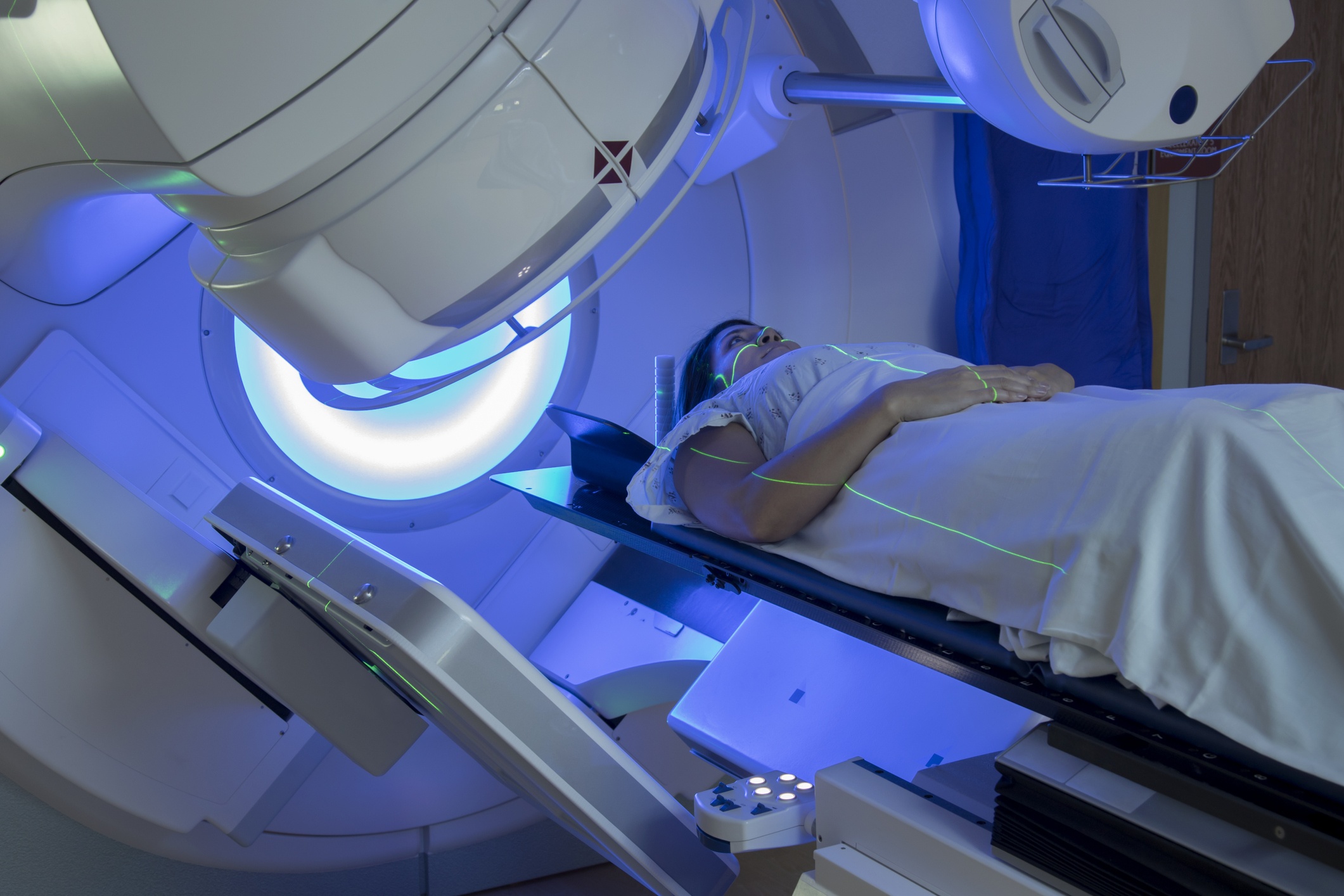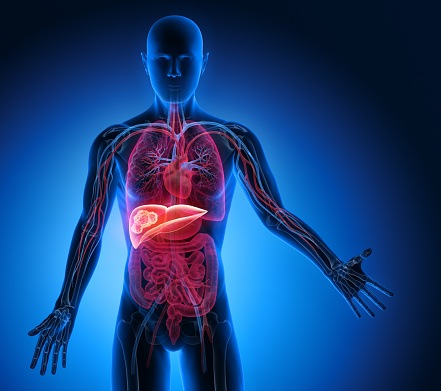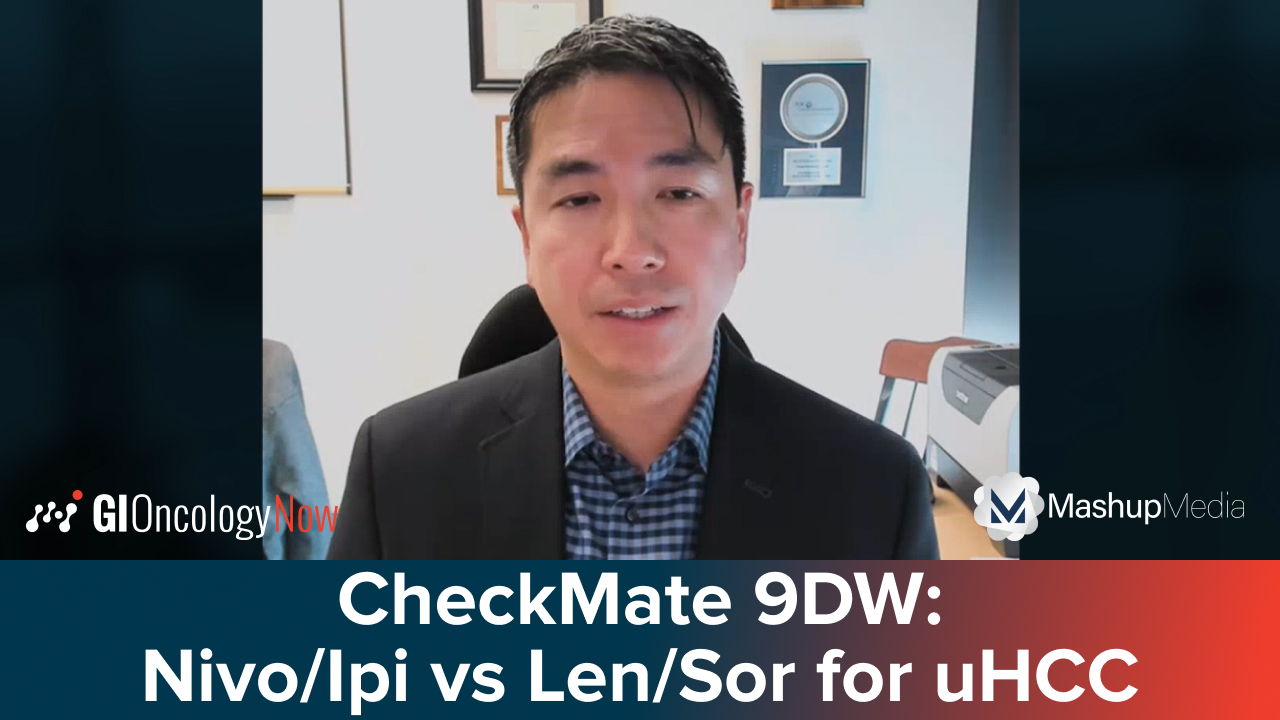
The American Society for Radiation Oncology (ASTRO) released a new guideline regarding external beam radiation therapy (EBRT) for primary liver cancer. This is the first ASTRO guideline regarding primary liver cancers, and it was published in Practical Radiation Oncology.
Recommendations for EBRT in Liver Cancer:
- EBRT is strongly recommended as:
- a potential first-line treatment in liver-confined hepatocellular carcinoma (HCC) in patients ineligible for curative therapy
- consolidative therapy after incomplete response to previous liver-directed therapies
- a salvage option for local recurrence.
- EBRT is conditionally recommended:
- for patients with liver-confined multifocal or unresectable HCC
- for patients with macrovascular invasion, in sequence with systemic or catheter-based therapies
- as a palliative therapy for symptomatic primary HCC and/or macrovascular tumor thrombi
- as a bridge to transplant or before surgery in selected patients
- as an adjuvant therapy for resected intrahepatic cholangiocarcinoma (IHC) with high-risk features
Additional Recommendations
The task force suggested that consolidative EBRT with or without chemotherapy should be considered for patients with unresectable IHC, typically following systemic therapy. “Selection of dose-fractionation regimen and technique should be based on disease extent, disease location, underlying liver function, and available technologies,” the task force added.
In addition to these recommendations, the guideline also includes treatment algorithms for unresectable and resectable IHC, and addresses questions such as optimal dosing, fractionation, treatment planning and delivery techniques for EBRT.
More about the ASTRO Guideline
ASTRO convened a task force to create these guidelines based on a systematic literature review of literally from January 2000 through February 2020. The task force included members from multiple disciplines, including radiation, medical and surgical oncology, medical physics, hepatology, and transplant surgery. ASTRO collaborated on this guideline the American Society of Clinical Oncology, American Society of Transplant Surgeons and the Society of Surgical Oncology.
“We feel that this guideline is an important milestone in the management of primary liver cancers, as we hope to provide practitioners and the public with a systematic and evidence-based foundation of where EBRT might fit into the overall complex picture of treating these challenging cases,” said Smith Apisarnthanarax, MD, vice chair of the guideline task force, medical director of the Seattle Cancer Care Alliance and professor of radiation oncology at the University of Washington, in a press release.
More about Liver Cancer
Primary liver cancers are the fourth leading cause of cancer death globally, with incidence rates more than tripling in the United States since 1980. Mortality rates from HCC and IHC continue to rise. Common treatments for primary HCC include liver transplantation, resection of the tumor, thermal ablation and catheter-based therapies for liver-confined cancers, and systemic therapy (targeted therapy and/or immunotherapy). For IHC, standard treatment includes a combination of surgery and chemotherapy, with or without radiation.
RELATED: Higher Serum Iron May Up Liver Cancer Risk in NAFLD Patients
What is EBRT?
EBRT is a type of radiation therapy which aims high doses of targeted radiation at tumor sites from outside the body. This treatment has historically been used less frequently than other approaches for liver cancers.
“Historically, low utilization rates for external beam radiation were due to technological limitations that made it challenging to avoid healthy liver tissue.” said Higinia Cardenes, MD, PhD, chair of the guideline task force and a professor of clinical radiation oncology at Weill Cornell Medicine. “However, with significant advances in imaging and radiation treatment delivery over the past 15 years and improved understanding of how the liver responds to radiation, we now have an increasing amount of clinical data on the role that EBRT can play for patients with these diseases.”
RELATED: ASTRO: EBRT Underused in Liver Cancer Patients Awaiting Transplant







 © 2025 Mashup Media, LLC, a Formedics Property. All Rights Reserved.
© 2025 Mashup Media, LLC, a Formedics Property. All Rights Reserved.